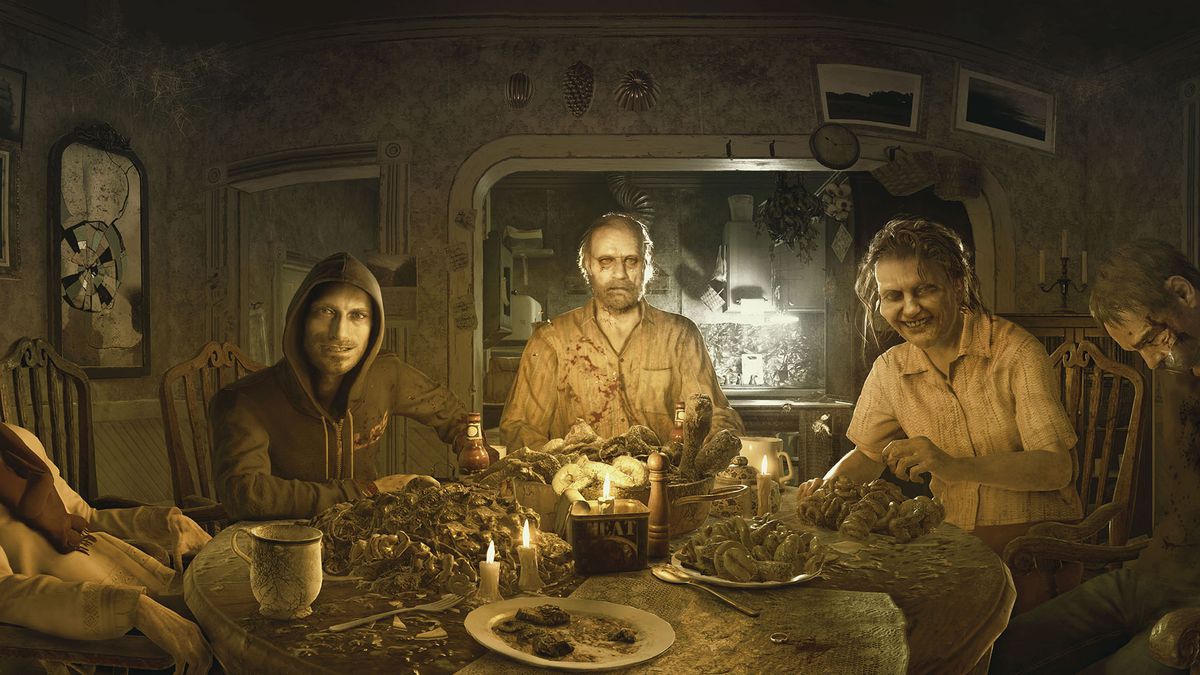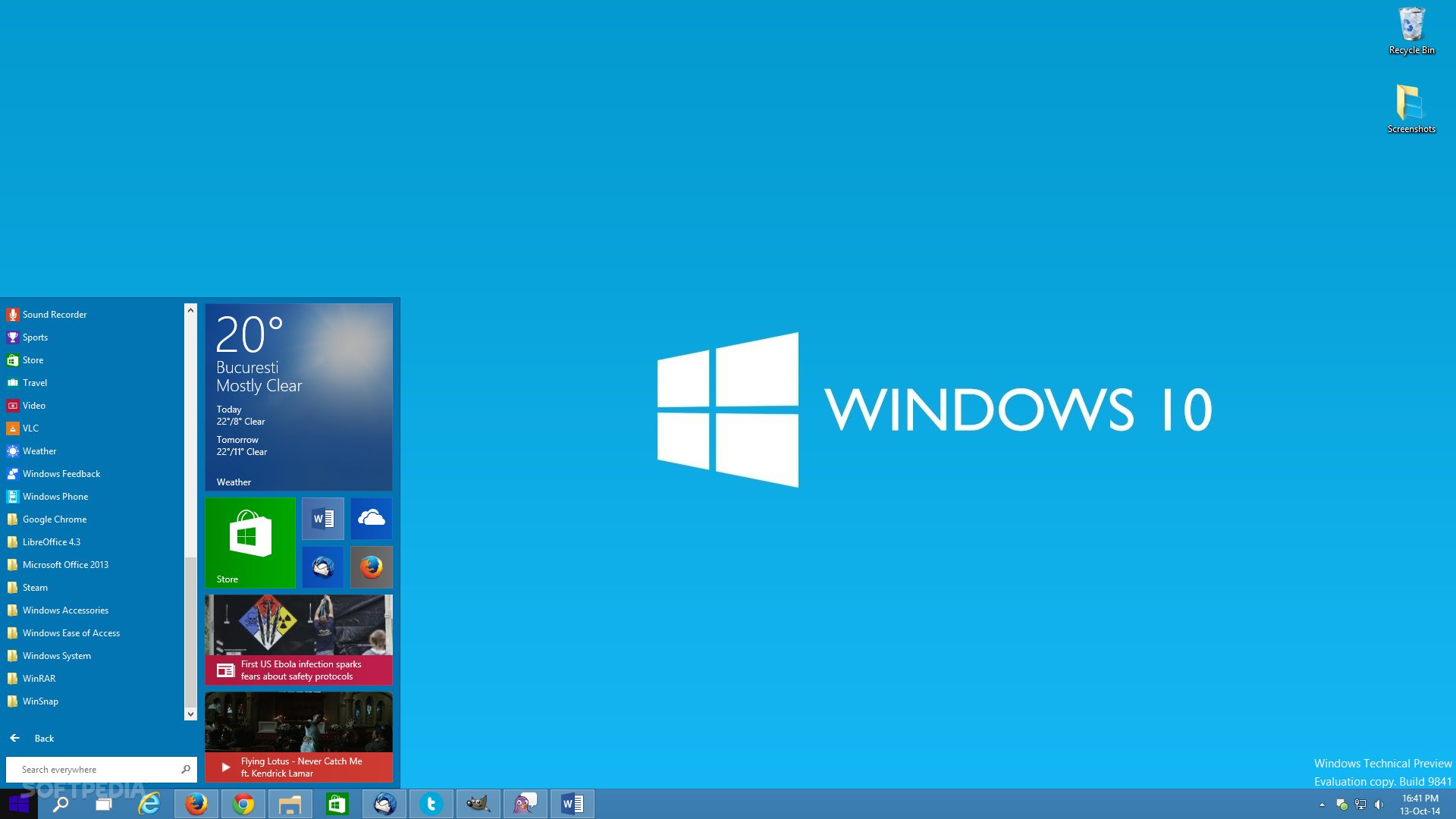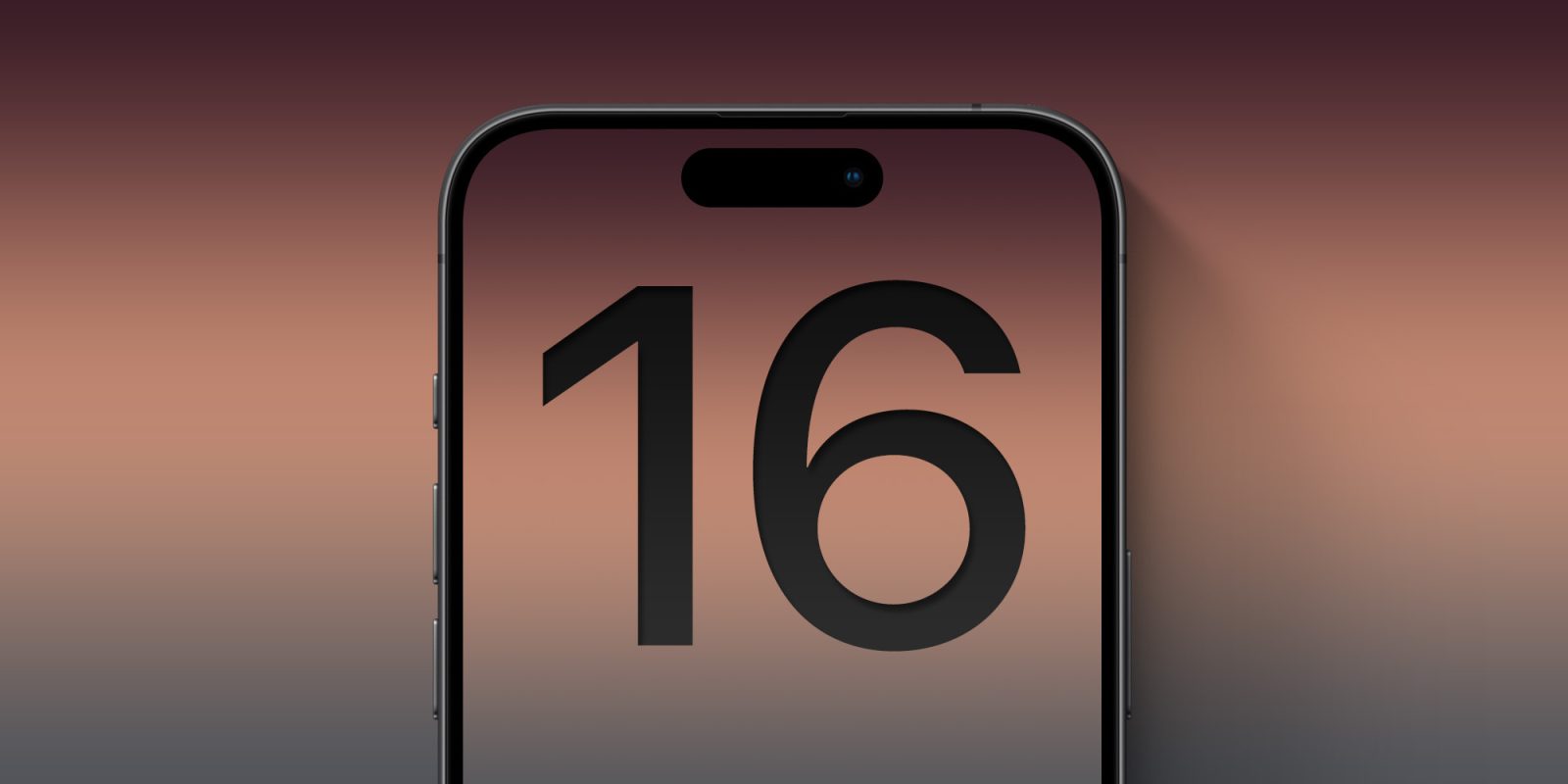The latest information that Resident Evil 7 failed on iOS with barely 2000 sales has spurred debates about the sustainability of AAA games on mobile platforms. The game’s success on mobile has been unimpressive even if it is very popular on consoles and PCs. We investigate in this blog post the causes of this failure, the wider consequences for AAA games on mobile, and what this suggests for the direction of mobile gaming going forward.
Overview: Resident Evil 7’s iOS Launch
Developed by Capcom, the highly praised survival horror game Resident Evil 7 has enthralled gamers on consoles and PCs. Its entry into the mobile gaming sector has, however, been less than successful. Published on iOS on July 2, the game attracted 83,000 downloads but only turned 2.4% of those into paid purchases, therefore generating less than 2000 sales.
Flop Analysis: Important Elements
Strong Entry Obstacles
The great entrance hurdle regarding device requirements is one of the main causes of the poor sales of Resident Evil 7 on iOS. The game only runs on premium iOS devices like iPads with an M1 processor or higher and the iPhone 15 Pro and Pro Max. Given many mobile gamers do not possess these premium devices, this greatly reduces the possible audience.
Pricing Plan
Launched as a free-to- start game, Resident Evil 7 runs at £15.99 in full. Although premium games on consoles and PC often use this pricing structure, mobile players who are used to cheaper applications or freemium models may not find resonance in it. The exorbitant price point most certainly discouraged many potential purchasers.
Experience and Control
Usually tailored for consoles and PCs with physical controllers, AAA games such Resident Evil 7 are built with intricate controls and immersive experiences in mind. Turning this experience onto a mobile platform with touchscreen controls might be difficult and might not provide the same degree of fun or simplicity of use. The touchscreen controls may be tiresome for mobile players, therefore impairing their whole gaming experience.
Market Saturation and Competency
From casual to heavy genres, the mobile gaming industry is overflowing with a rainbow of games. For a premium AAA game, competing against free or low-cost games designed especially for smartphones might be challenging. Other well-known AAA iOS titles like Resident Evil 4, Resident Evil Village, Death Stranding, and Assassin’s Creed Mirage have all suffered, suggesting a more general tendency.
More general ramifications for AAA games on mobile
Technical Showcase Comparatively to Market Demand
Although porting AAA games to mobile platforms highlights the technological mastery of devices like the iPhone 15 Pro, business success is not always derived from this. The technological capacity of mobile devices does not match the real demand for AAA gaming experiences on these systems.
Refining the Mobile Gaming Approach
The disappointment of Resident Evil 7 on iOS forces AAA developers and publishers to reconsider their mobile gaming approaches. This might call for:
To draw a bigger audience, think about using freemium models or lowering pricing points.
Creating improved control systems with touchscreen interface strengths is optimizing control.
Ensuring compatibility with a wider spectrum of devices will help to increase possible reach.
Making special material or spin-offs especially meant for mobile play instead of straight ports helps to tailor.
Future Prospects: Will Media Companies Keep Spending in Mobile Devices?
Though the present challenges exist, mobile gaming still has great promise. Modern cell devices have amazing technological capacity, and mobile gaming is attracting more and more people. Publishers will have to carefully consider, however, the cost-benefit ratio of introducing AAA titles to mobile. Crucially important will be investments in mobile-specific game development, marketing, and price policies.
Learnings From iOS Experience of Resident Evil 7
The game business may benefit much from the fiasco of Resident Evil 7 on iOS. It emphasizes the difficulties and subtleties of translating AAA games for mobile devices. Although entering the mobile industry appeals strongly, success calls much more than simply technological ability. One must first grasp the particular tastes and actions of mobile players.
Developers and publishers will have to be creative and flexible as the gaming terrain develops. AAA games on mobile may have a future in customizing experiences that use mobile devices’ advantages while nevertheless satisfying mobile players’ expectations.
Analyzing the shortcomings of Resident Evil 7 on iOS helps us to understand the more general difficulties AAA games have in the mobile market. This study emphasizes in a fast changing gaming environment the need of strategic adaptability.



